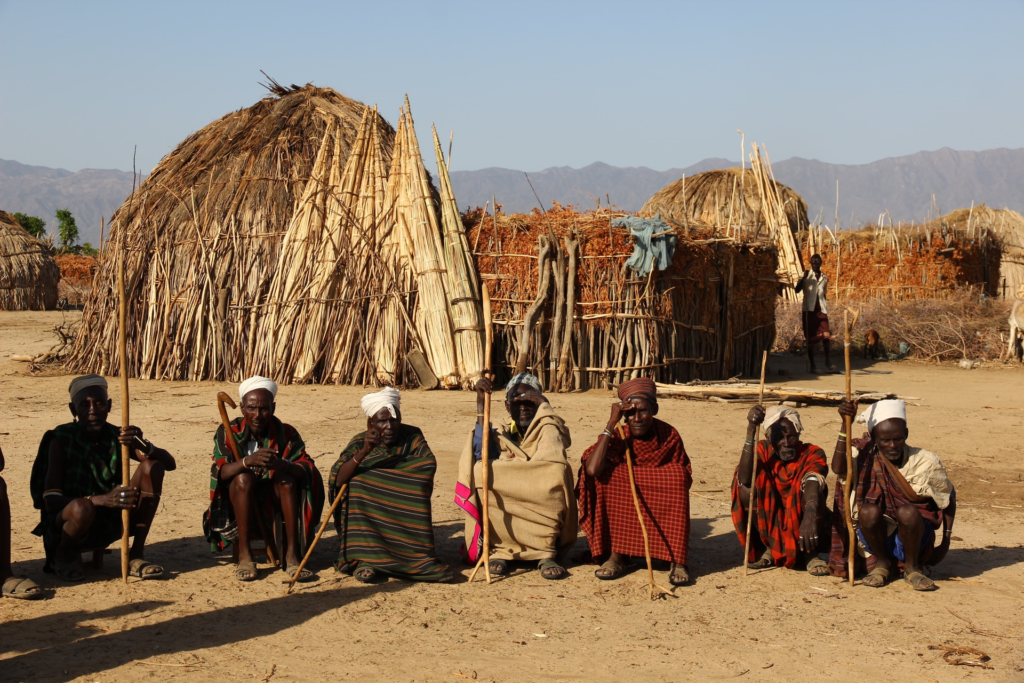http://www.iol.co.za/business/features/african-values-respect-environment-1.1668339
March 30 2014 at 03:18pm
In their book, Transient caretakers: making life on earth sustainable, Mervyn King and Teodorina Lessidrenska demonstrate that the sustainability of Earth is threatened by irresponsible corporate citizens.
King and Lessidrenska are regarded among the leading global experts on corporate governance and sustainable reporting.
Among others, some firms are endangering the environment through carbon emissions, depletion of natural resources, ocean dumps, hazardous waste, industrial waste, deforestation and nuclear waste. Other than compelling companies to act responsibly through legislation and regulatory requirements, companies should be taught and be encouraged to embrace the African values of Letsema.
The concept of Letsema originates in the African tradition of volunteering one’s labour to community projects. It is also linked to old African adages that say: “Two heads are better than one”, and: “A single finger cannot remove fluff”.
In terms of the African communal model, development is seen as the movement or progression of the community, group or individual from their current socio-economic status to the desired one. Development is the responsibility of the individual in the first instance, and is supported by others as a group or a community.
The development of the individual is the result of the joint efforts and contributions of everyone in the community and outside the community. Whenever one person succeeds, it is the community that succeeds and the individual feels obliged to give back to the community that has empowered him. This entrenches a sense of responsibility and unity in the community. When an individual has a vision to achieve, he or she needs the community to support, develop and grow that vision in order to benefit the individual and the community as a whole.
Collaboration in Letsema is not just about teamwork among community members, but it also entails a partnership with the land, rivers and nature at large. To this end, Basotho people have an old saying that says: “Re seng: We are all related, all humans and non-humans.”
The significant aspect of this view is the web of relationships that constitute the whole. The African people’s history of the land and indigenous farming practices are entrenched in the Letsema values and put an emphasis on the relationship, interdependence, reciprocity and collaboration of nature and people. Working jointly to plough each other’s fields or doing joint community work collaboratively brought a strong sense of rootedness and an aspect of belonging among African people.
Other than individuals working together jointly, Africans have always viewed the land as one of their collaborators (a patriot). This view is illustrated by Mathabo Tsepa (2008) who wrote: “The elders stories illustrate that food such as sorghum is central to maintaining the relationship between people and their lands. The connection among people, land and food is brought to life through the traditional farming practices that involve Letsema. Direct participation with the land and growing food appears to establish and maintain a context for respecting the land.
“As elder Maleshonae points out, ‘respecting the land, these crops and all that goes with it is not something you can learn sitting in your hut… you go to work with land, or seeds, or the crops or whatever it may be. In the long run, that interaction and communication you have with your crops and the land lead to developing respect.”
Unlike contemporary entrepreneurs who respect the environment due to regulatory enforcement of integrated reporting, indigenous African entrepreneurs cared about nature many centuries ago due to their appreciation of the Letsema values (collaboration with environment).
It is important to note that Letsema is not just an empty metaphor, but a way of life that emphasised the significance of the Africans maintaining caring relationships with the environment while working on the land to provide food security.
Through storytelling and oral history, Africans taught their next generations the importance of maintaining interconnectedness with nature by practising traditional farming methods. Among others, this included promoting biodiversity and protecting insects, birds, fish and animals.
The Letsema values discouraged greed; one only had to take what was sufficient for the family and give back to the land through traditional fertilisers (animal dung). This compost would rejuvenate the land that had become tired of production to become fertile again. This demonstrated the Africans thanksgiving and giving back to nature.
Mathobo Tsepa wrote about how the Basotho would appreciate their inter-connectedness and interrelatedness by leaving some of the sorghum in the field during harvest as a way of giving back to the land and earthworms.
Moreover, surplus sorghum is fed back to the cattle, and the resultant cow dung is deployed on to the fields as manure to enrich the soil.
Letsema values instilled the sense of responsible and sustainable farming among the Africans. It became the reservoir of African indigenous knowledge long before there were academic journals on biological diversity.
Actually, in the absence of environmental and farming publications, Africans regarded nature as a greater teacher who would guide them on how to relate respectfully with the environment.
It is sad to note that due to the dearth of indigenous story-telling, Africans have largely lost the Letsema value, which was the foundation for community well-being and the collaboration among people, and between humans and nature. If current entrepreneurs and other business people could embrace the Letsema values, malfeasance such as the poaching of rhinos and environmental degradation will be mitigated.
In the same vein, I posit that the negligence of decommissioned mining shafts and the escalation of acid water would be reduced if the Letsema values were embraced.
If corporate entrepreneurs can implement some of the values espoused in this treatise, our companies shall become better corporate citizens.
The inference is that Letsema can help us execute our role of being responsible caretakers of the Earth, so that future generations can inherit a better place to live and thrive.
Modipa is the founder and executive chairman of Sebata Group




